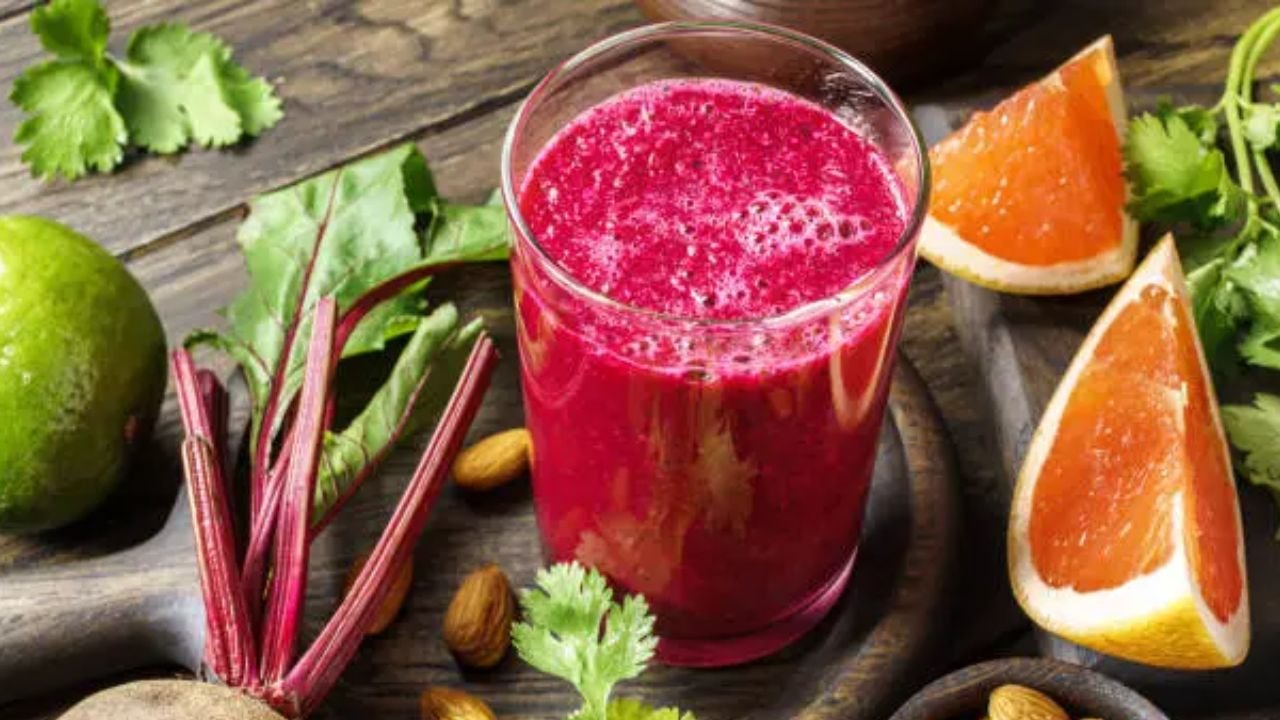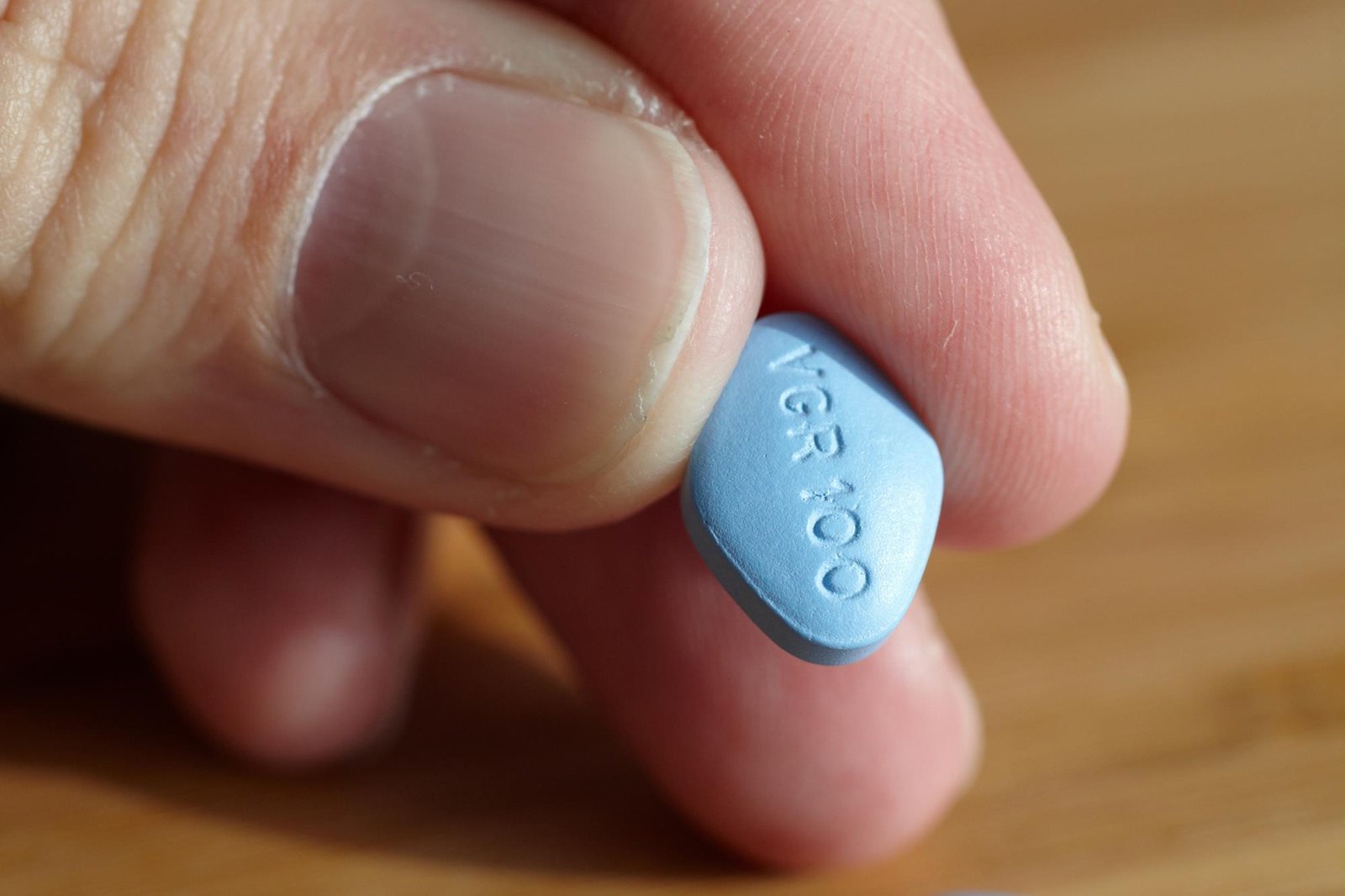Succulents are taking the wellness world by storm—no longer just admired for their beauty, these hardy plants are finding their way into health drinks. Packed with nutrients, succulents like aloe vera, prickly pear, and stone crops are being harnessed for their incredible health benefits. Consumers, especially health enthusiasts, plant-based eaters, and wellness seekers, are increasingly turning to natural ingredients in their pursuit of healthier lifestyles. And the inclusion of succulents in some health drinks is a shining example of nature’s superfood power.
This article explores edible succulents, their benefits, popular drinks, preparation techniques, and even customer reviews of succulent-infused beverages. Whether you’re already sipping on aloe vera juice or curious about prickly pear smoothies, there’s plenty to discover!
What Are Succulents?
Succulents are plants known for their ability to store water in their thick, fleshy leaves or stems. Their resilience in harsh, arid conditions has made them a staple in botanical gardens and home decor alike. But did you know many succulents also have edible and medicinal properties?
Common Edible Succulents
- Aloe Vera: Known for its gel, aloe vera is widely used in beverages for its hydration and digestion benefits.
- Prickly Pear (Nopal Cactus): The fruit and pads of this cactus are edible and loaded with vitamins and antioxidants.
- Stone Crops (Sedum): These smaller succulents can add crunch and nutrition to drinks and salads alike.
- Saguaro Cactus Fruit: A sweet treat commonly found in traditional drinks and recipes in desert regions.
By leveraging these versatile plants, the beverage industry is creating drinks that highlight their nutritional value and health benefits.
Benefits of Using Succulents in Some Health Drinks
Nutritional Value of Succulents
Succulents are surprisingly nutrient-dense, offering essential vitamins like A, C, and E, along with powerful antioxidants and minerals such as calcium and potassium.
Health Benefits
- Hydration: Succulents naturally hold water, making them a fantastic base for hydration-focused drinks. Aloe vera juice, for example, replenishes lost fluids while offering vital nutrients.
- Digestion: Aloe vera and prickly pear are celebrated for aiding digestion and soothing the stomach lining. They also support gut health by providing fiber and prebiotics.
- Skin Health: Thanks to their anti-inflammatory properties and hydration benefits, succulents contribute to glowing skin.
Natural Healing Properties
Various types of succulents have been used in traditional medicine for centuries. Aloe vera, for instance, is well-known for its soothing properties, while prickly pear boasts anti-inflammatory and antiviral effects.
Popular Health Drinks Featuring Succulents
Aloe Vera Juice
Aloe vera juice is the go-to drink for hydration and digestion. It’s mildly tangy and pairs well with honey, lemon, or ginger for an added twist.
Prickly Pear Smoothies
Rich in antioxidants, these bright-colored smoothies are hailed for reducing inflammation and supporting heart health. Blend prickly pear with some banana and almond milk for a deliciously healthy treat.
Cactus Water
An alternative to coconut water, cactus water—made from prickly pear or saguaro cactus—is a low-calorie, electrolyte-rich beverage.
Sample Recipe for an Aloe Vera Refresher:
- 1 cup aloe vera gel (freshly extracted)
- 1 spoon honey
- 1 lime juice
- Blend together with ice cubes, and enjoy chilled!
How to Choose and Prepare Succulents for Health Drinks
Selecting High-Quality Succulents
- Always opt for organic, pesticide-free succulents.
- Aloe vera should be plump and free of blemishes.
- Choose fresh prickly pears with vibrant colors and smooth skin.
Preparing Succulents Step-by-Step
- Thoroughly wash the succulent to remove dirt and residue.
- For aloe vera, cut off the thorny edges and scoop out the gel.
- Carefully peel prickly pears to avoid the tiny spines.
- Blend or juice the parts you need, depending on your recipe.
Customer Reviews and Feedback
“I’ve started adding fresh aloe vera juice to my smoothies, and the hydration boost is real!” – Sarah, Los Angeles
“The prickly pear smoothie recipe you shared is now my favorite breakfast!” – Tanya, Austin
While most users rave about the health benefits and refreshing taste of succulent-based drinks, some have noted issues like bitterness in aloe vera if not prepared properly. Ensuring high-quality preparation is key to enjoying these beverages.
You May Also Like: Community Health Care Dr Craig Moline IL – Promoting Local Wellness
Conclusion
Succulents are no longer limited to being decorative plants—they’re paving the way to better health in the form of innovative beverages. From aloe vera juice to prickly pear smoothies, these natural wonders combine nutrition, healing properties, and delightful flavor to elevate your everyday hydration.
If you’re ready to explore succulent-based drinks, there’s no better time to get started. Keep experimenting with different recipes and techniques to find your perfect drink!
FAQs
What are the health benefits of aloe vera juice?
Aloe vera juice promotes hydration, aids digestion, supports skin health, and offers anti-inflammatory properties.
Can I eat all types of succulents?
No, not all succulents are edible. Stick to proven edible succulents like aloe vera, prickly pear, and stone crops.
How often should I drink succulent-based health drinks?
Moderation is key. Incorporate these drinks a few times per week as part of a balanced diet.
Why is prickly pear good for you?
Prickly pear is packed with antioxidants, fiber, and essential vitamins that support heart health, digestion, and skin health.
Is cactus water better than coconut water?
Cactus water offers similar hydration benefits to coconut water but with fewer calories and more antioxidants.











